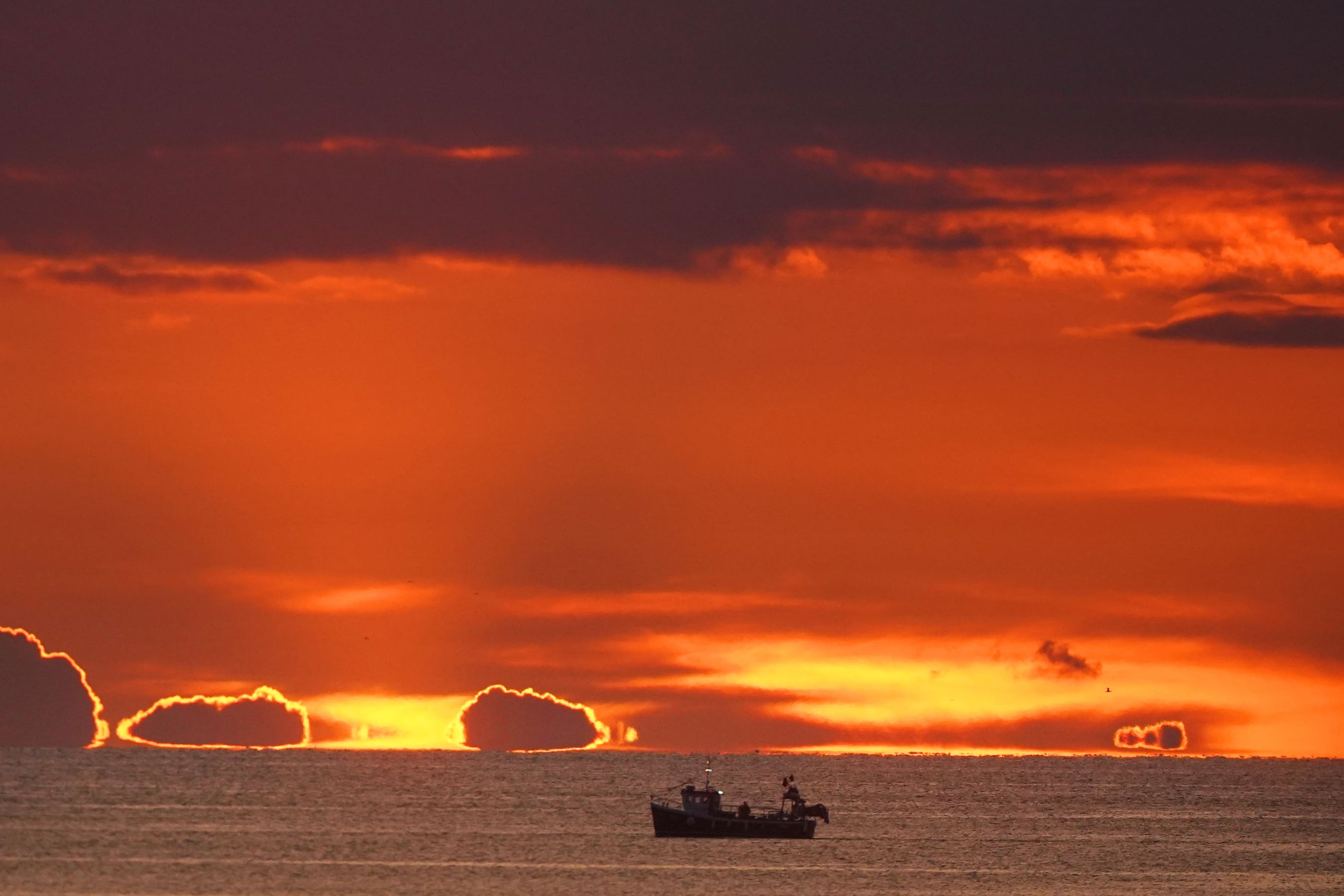Assessment: less than half fish quotas agreed by UK in line with science advice
Government body finds only 46% of catch limits negotiated by UK with EU and countries such as Norway for 2024 meet advice for sustainability.

Less than half the fishing quotas negotiated by the UK for 2024 are in line with scientific advice for conserving stocks, the Government’s own assessment finds.
The sustainability of limits for fish catches negotiated by the UK with the EU and other countries such as Norway for this year has been assessed by the Government’s Centre for Environment, Fisheries and Aquaculture Science (Cefas).
It has found that less than half (46%) of the catch limits negotiated by countries were in line with the international scientific advice for conserving fish stocks.
The figure is an increase on 2023, when just 40% of the fishing quotas were in line with the scientific advice produced by the International Council for the Exploration of the Sea (ICES), the benchmark for sustainable fishing.
It's absolutely outrageous to allow a quota that is equivalent to the entire adult spawning population, which is what they have done with Celtic Sea cod
But marine conservation campaigners said it was not good for fishermen, fish or coastal communities for the Government to allow overfishing at such a level.
Charles Clover, co-founder of Blue Marine Foundation, labelled the catch limit negotiated by the UK and EU for Celtic Sea cod in particular as “outrageous”.
Celtic Sea cod is one the fish stocks where the scientific advice for catch levels has been set at zero, in this particular case for the past six years, due to huge declines.
But governments have negotiated that 644 tonnes of Celtic Sea cod can be caught in 2024 as “bycatch” by vessels targeting other fisheries.
The adult spawning population is estimated at 645 tonnes, according to ICES figures.
Mr Clover said: “It’s absolutely outrageous to allow a quota that is equivalent to the entire adult spawning population, which is what they have done with Celtic Sea cod.”
And he said: “It is not good for fishermen, or fish or our coastal communities for the Government to go on allowing overfishing to the extent that the Cefas report has identified.
“We believe it is actually against our new, post-Brexit Fisheries Act.”
Blue Marine Foundation has launched a legal case against the Government for allowing overfishing, which it claims is illegal under post-Brexit fishing laws that require management of UK fisheries based on the best available scientific advice and with transparency.
Mr Clover has accused the Government of not only putting fish populations at risk by allowing exploitation above sustainable limits, but also the fishing industry and coastal communities.
After catch limits of zero were called for by ICES for Channel pollack, reducing it to a bycatch-only fishery, the Government has issued a ministerial direction to compensate affected fishermen, in the face of warnings from officials it could set an “unhelpful precedent”.
The scheme will see around 50, mostly small inshore, vessel owners compensated for half their income lost due to the bycatch-only pollack fishery, as they cannot target the fish in 2024 and rely on it for at least 30% of their income.
An Environment Department (Defra) spokesperson said: “Sustainability has been at the heart of the UK’s approach to support the UK fishing industry and catch limits have been set in line with obligations under the Fisheries Act 2020 and the Joint Fisheries Statement.
“During these negotiations we pushed for decisions to be based on the best available science to protect key stocks using evidence from the International Council for the Exploration of the Sea.
“As litigation is ongoing, we cannot comment as these are matters for the court’s consideration.”
Bookmark popover
Removed from bookmarks